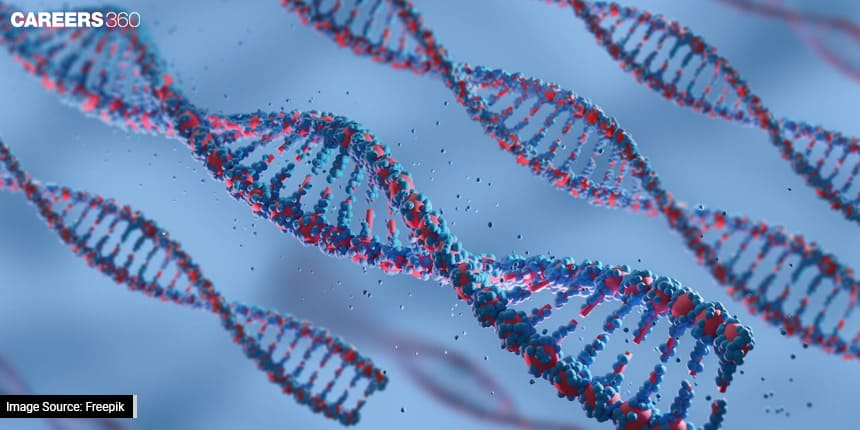Understanding The Power Of Synthetic Biology For A Transformed Future
As science pushes the boundaries of what was once deemed impossible, the fusion of biology and engineering gives rise to the field of synthetic biology. At its core, synthetic biology involves the design and construction of biological devices, systems, and even organisms that do not exist in nature. This union of biology and engineering principles opens up new frontiers in medicine, energy, and environmental sustainability, offering unprecedented opportunities to engineer life at the molecular level.
This Story also Contains
- Understanding The Foundations Of Synthetic Biology
- From The Lab To Life - Applications Of Synthetic Biology
- Ethical Considerations - Navigating The Frontier Of Synthetic Life
- The Future of Synthetic Biology

Understanding The Foundations Of Synthetic Biology
At the heart of synthetic biology lies the ability to manipulate the fundamental building blocks of life—DNA, RNA, and proteins. By applying engineering principles to biological systems, scientists can design and construct biological components that function in new and innovative ways. This approach enables the creation of biological entities with specific, customised functionalities, signalling a new era of possibilities.
DNA Synthesis and Genome Editing - The Tools of Synthetic Biology
Synthetic biologists employ powerful tools like DNA synthesis and genome editing techniques to rewrite the code of life. DNA synthesis allows the construction of entirely new DNA sequences, while genome editing tools like CRISPR-Cas9 enable precise modifications to existing genetic material. These tools empower scientists to create synthetic organisms, edit existing ones, or design biological circuits for novel applications.
From The Lab To Life - Applications Of Synthetic Biology
The versatility of synthetic biology extends its reach into various domains, promising transformative applications across industries.
Medicine: Revolutionising Healthcare at the Molecular Level
In medicine, synthetic biology holds the promise of tailored treatments and therapies. Custom-designed microbes could serve as living medicines, delivering precise doses of therapeutic molecules to targeted areas within the body. Synthetic biology also fuels advances in regenerative medicine, where engineered tissues and organs may one day address the shortage of donor organs for transplantation.
Energy and Environment: Harnessing Nature for a Sustainable Future
Synthetic biology is a key player in the battle for sustainable energy and environmental solutions. Engineered microorganisms can be designed to produce biofuels, offering an eco-friendly alternative to traditional fossil fuels. Additionally, synthetic biology contributes to environmental remediation by creating organisms that can break down pollutants or enhance soil health, addressing pressing ecological challenges.
Ethical Considerations - Navigating The Frontier Of Synthetic Life
As synthetic biology drives us into unexplored territory, ethical considerations loom large. The power to engineer life raises questions about safety, unintended consequences, and the potential for misuse. Striking a balance between innovation and responsible practices is essential to navigating the ethical challenges posed by synthetic biology.
Biosecurity and Ethical Guidelines - Safeguarding the Future
Biosecurity measures are crucial to prevent the intentional or unintentional release of engineered organisms that could pose risks to ecosystems or human health. Ethical guidelines and regulatory frameworks must evolve alongside technological advancements to ensure that the benefits of synthetic biology are harnessed responsibly. The collaborative efforts of scientists, policymakers, and ethicists are essential to fostering a sustainable and ethically sound future for synthetic biology.
The Future of Synthetic Biology
As we stand at the crossroads of biology and engineering, the potential of synthetic biology to shape the future is both fascinating and complex. From engineering microbes to produce life-saving drugs to crafting organisms that contribute to a sustainable planet, the possibilities are vast. However, as we harness the power to engineer life at the molecular level, ethical considerations must guide our path. Synthetic biology is not just a scientific frontier; it's a call to action for responsible innovation that will shape the trajectory of life as we know it.
